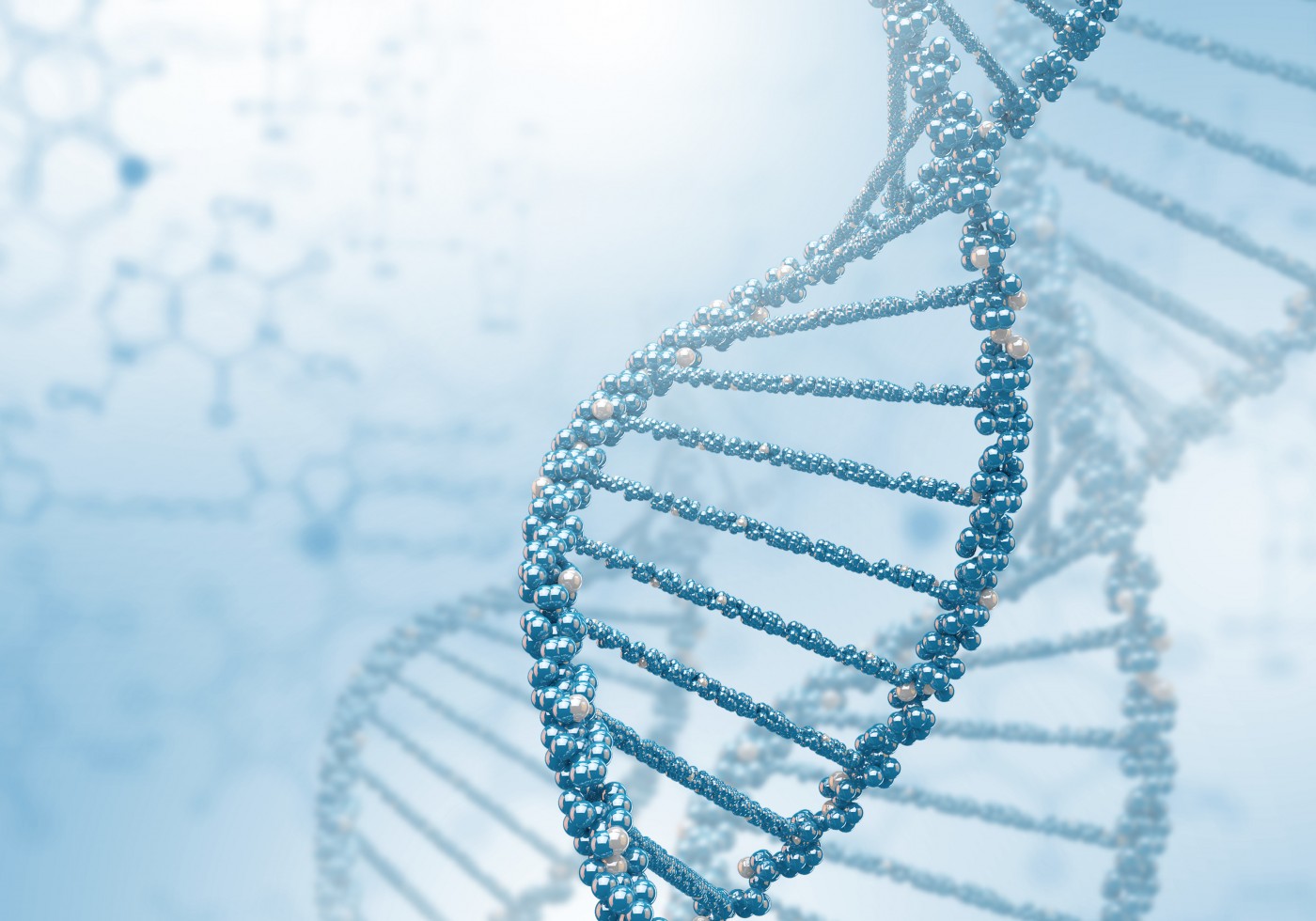Some RRMS and SPMS Patients Share a Similar Gene Expression in Response to IFN Treatment
Written by |

In a new study entitled “Transcriptional response to interferon beta-1a treatment in patients with secondary progressive multiple sclerosis,” a team of researchers discovered a subgroup of secondary progressive multiple sclerosis patients (SPMS) exhibiting the same gene expression response to interferon (IFN) treatment as patients with relapsing-remitting MS (RRMS). The study was recently published in the journal BMC Neurology.
IFN beta-1b is the only treatment capable of modifying the immune response or the functioning of the immune system approved for SPMS, the progressive phase of RRMS. SPMS is characterized by increased neurological damage and hence, it marks a change on MS pathogenesis shifting from a more autoimmune disease towards a more complex pathogenesis of inflammation and neurodegeneration.
Two trials performed in Europe and North America established IFN beta-1b efficacy in SPMS. Notably, however, the two trials showed divergent results – while the European study suggested that IFN beta-1b delayed progression of disability, the study in North America failed to observe the same phenotype. These discrepancies were attributed to possible differences in the enrolled patient cohort and their clinical characteristics; on the other hand, both trials supported that treatment outcomes are better if applied at early phases of the disease.
Therefore, since SPMS patients’ response to treatment is variable, it is important to find biomarkers that can identify those that may benefit more from a particular treatment. Previous studies reported that induction of specific IFN-inducible genes correlated with a better clinical response to IFN treatment in RRMS patients. Unfortunately, studies in SPMS patients are much rare, and how IFN treatment induces changes in gene expression in SPMS patient’s blood is currently unknown.
In the study, the team’s objective was to find a subgroup of IFN treated SPMS patients that exhibited a gene expression profile similar to RRMS patients who were clinical responders to IFN treatment. To this end, researchers classified fifty SPMS patients (20 IFN-treated and 30 untreated) according to the profile of IFN-inducible gene expression identified in RRMS clinical responders to IFN treatment – with genes being classified as differentially expressed genes (DEGs) if significant differences were found between IFN treated and untreated RRMS patients.
The analysis retrieved 104 DEGs in IFN-treated RRMS patients. When the team analyzed the SPMS patients according to this profile, they identified two groups – a group of patients with a gene expression profile similar to IFN-treated RRMS patients (n = 12, 60% of SPMS treated patients), and a second group showing a gene expression profile similar to untreated patients (n = 8).
The findings showed that within the IFN-treated SPMS population, 60% of the patients exhibited a gene expression response to IFN that is similar to that of RRMS patients IFN-responsive. The team suggests that the findings can have therapeutic implications, and help clinicians when deciding for the continuation of IFN treatment in RRMS patients who are progressing to an SPMS disease pattern.


